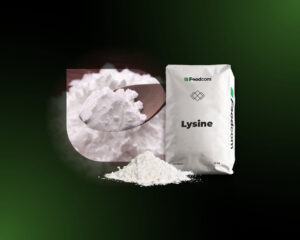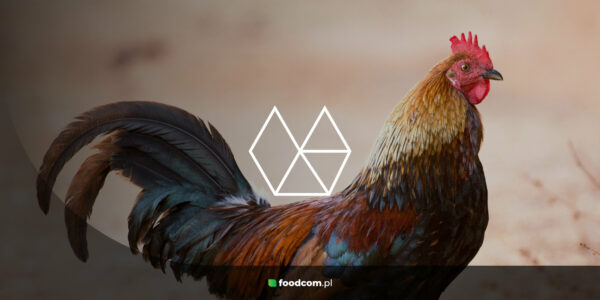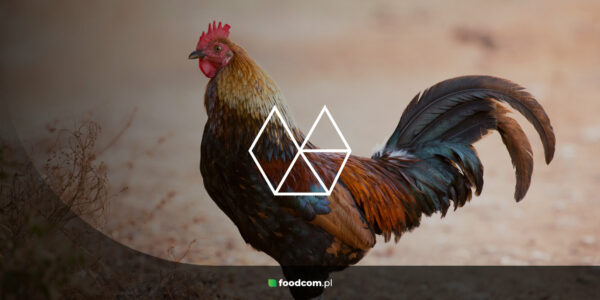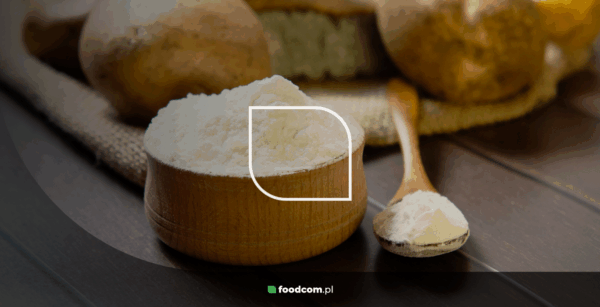- A pilot project for the production of experimental feed will start in Flanders later this year.
- The project is spearheaded by ILVO, but many other actors in the feed sector are involved.
- The aim of the project is to conduct advanced research into feed production that would have a positive impact on the environment and climate, as well as on the welfare of farm animals.
New ILVO project – innovation in the feed area
ILVO, or the Flanders Research Institute for Agriculture, Fisheries and Food, is located in the Flanders region of Belgium. The institute is known for its scientific research supporting the development of sustainable agriculture and fisheries. One of the research areas of the institute is testing the performance, efficiency, compliance with the latest standards and healthiness of newly developed feeds for cattle, pigs and small animals.
The current two production lines do not meet the latest energy, ergonomic and technological requirements. The construction of a high-tech plant in Melle to replace them is due to start later this year. This will enable the production of precisely formulated test feeds in line with the requirements of scientific research into livestock nutrition.
Initially, production will include test feeds selected for specific ILVO internal studies, but there are plans to produce experimental feeds for external stakeholders. The project is being carried out in collaboration with various companies in the feed and agri-food sector and the Belgian Feed Association, with funding from the Province of Flanders, the EU and the Victam Foundation.
What is the purpose of the project?
The project aims to meet the demand for expertise in livestock feed nutrition. There is a need for a lot of scientific research, especially on by-products from new fermentation processes and new proteins that could be potential feed ingredients. These are by-products from human food production or microbial proteins or algae.
Another area of research will be innovative feed additives, such as methane inhibitors, which could contribute to climate improvement. The project will also focus on the feed production process itself, investigating how feed can be modified by pre-processing to increase nutrient availability and stability in the feed, as well as how to adjust production process parameters to reduce energy consumption.








